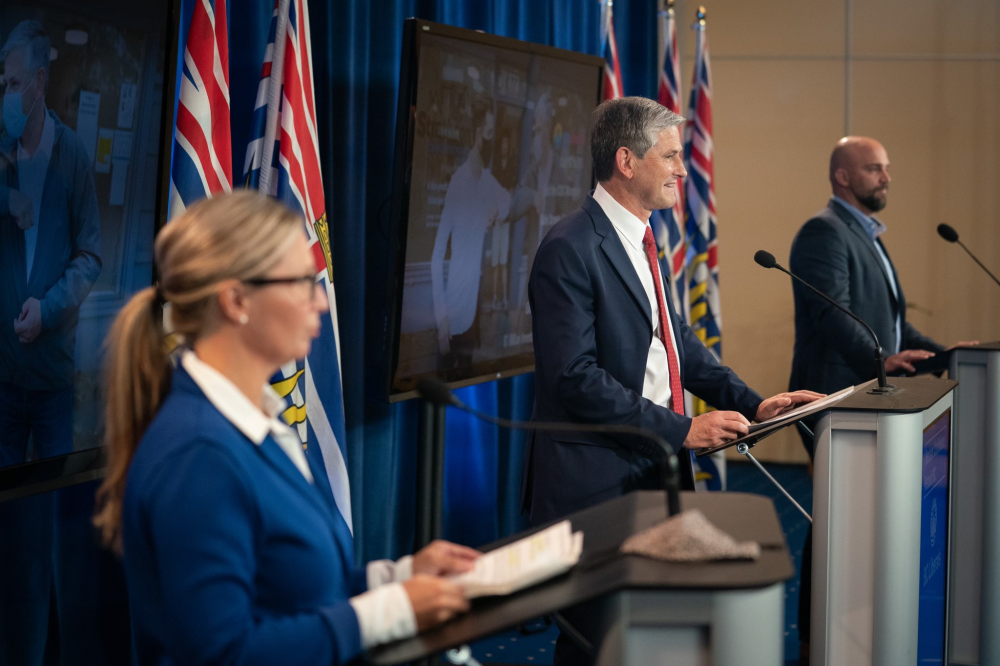VANCOUVER / MUSQUEAM, SQUAMISH & TSLEIL-WAUTUTH TERRITORIES — Karen Tam Wu, B.C. director at the Pembina Institute, made the following statement in response to the release of the B.C. Liberals’ election platform:
“The B.C. Liberals have rightly put the economy and health at the forefront of their pandemic response plan, but climate action is conspicuously absent from their list of priorities for the first 60 days of a new government. This is a missed opportunity, considering that the party promises elsewhere in its platform to make B.C. a global climate leader. The pandemic has made it clear that our health, economy, and environment are intricately linked.
“We commend the B.C. Liberals for acknowledging the necessary shift away from oil and toward clean energy — including renewable energy from wind, solar, and hydro — for heating and powering our homes and keeping us moving. More details are needed on how and when this transition from oil to clean energy will happen.
“The B.C. Liberals’ plan to expedite liquefied natural gas development is concerning, especially without a commitment to meet climate targets and establish sector-specific targets to reduce carbon pollution. There is no wiggle room in B.C.’s carbon budget for any new projects, such as new LNG plants, that increase B.C.’s carbon pollution. All parties must put forward a robust plan to achieve B.C.’s 2030 climate target to have any hope of flattening the carbon-pollution curve by 2050 and positioning B.C. for a stable economic future in the face of global disruptions.
“The party’s promises to create jobs and reduce carbon pollution from homes and buildings through retrofits and from transportation through expanded transit and electric vehicle charging are welcome. Such actions need to be laid out in an enhanced climate plan for B.C. that includes targets for reducing carbon pollution over time and by sectors. Another key to meaningful climate action is comprehensive annual reporting that allows us to assess our progress at bringing carbon pollution down and to course-correct as needed.”
Quick facts
- B.C.’s total carbon pollution in 2018: 67.9 million tonnes (Mt)
- Share of B.C.’s carbon pollution from transportation: 36.6%
- Share of B.C.’s carbon pollution from industry: 35.1%
- Share of B.C.’s carbon pollution from upstream natural gas operations (production and distribution): 17.6%
- Share of B.C.’s carbon pollution from buildings: 12.2%
- B.C.’s legislated target for carbon pollution in 2030: 36.5 Mt
[30]
Join the conversation on Twitter: #BCClimateVote @Pembina
Contact
Stephen Hui
Senior Communications Lead, Pembina Institute
778-987-7654
stephenh@pembina.org
Tw: @StephenHui
Background
Action plan: A resilient economy and safe climate: Our vision for B.C.
Candidates debate (recorded): B.C.’s Climate, Economy, and the 2020 Election
Media release: B.C. NDP platform promises continued climate action
About the Pembina Institute
The Pembina Institute is a non-profit think-tank that works to advance a prosperous clean energy future for Canada through credible policy solutions that support communities, the economy, and a safe climate. We have offices in Vancouver, Calgary, Edmonton, Toronto, and Ottawa. Learn more: www.pembina.org




